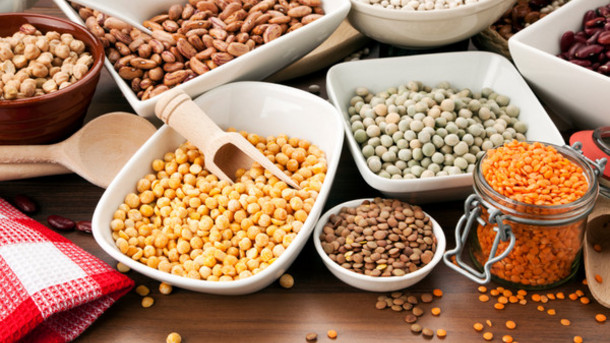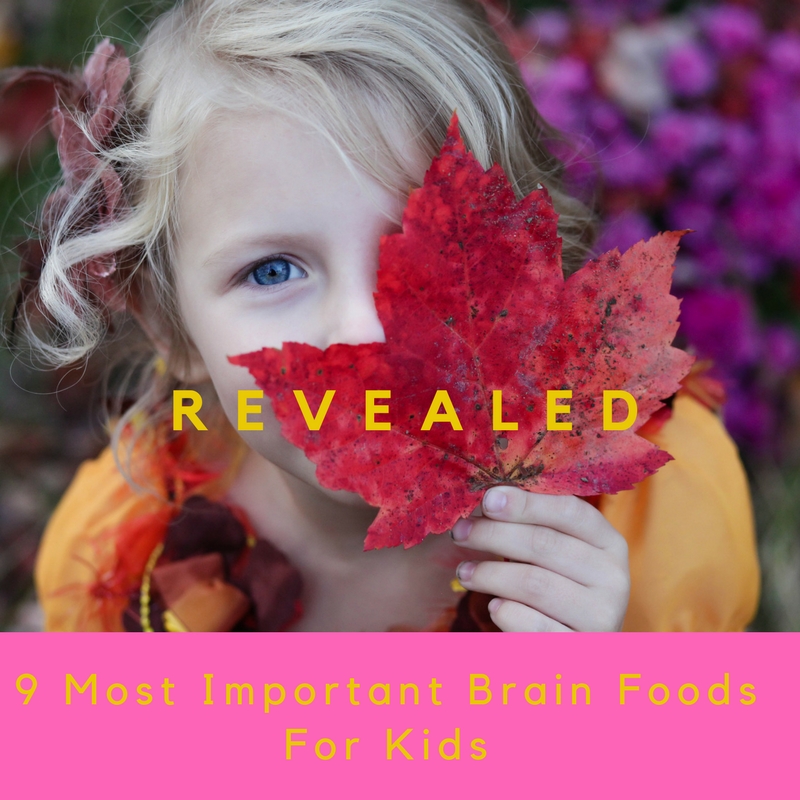Plant based diet discussed for World Food Day on Sunday 16th October. In support of this day, I wrote an article for Great Ormond Street Hospital on why you should include plant based proteins in your family’s diet. You will find the full article published here “Specialist Paediatric Dietitian Discusses the Benefits of a Plant-Based Diet.”
A plant-based diet can improve health and vitality for the whole family. Nourishing food is the foundation of every family’s healthy eating plan. There is so much fun to be discovered when you make meals together as a family – fresh ingredients, tantalising flavours and new recipes are just waiting to be discovered.
A well-planned diet can be appropriate for the whole family at all stages of the life cycle. A balanced diet can provide numerous health benefits – it can protect you and your family against certain diseases by maintaining a healthy body and mind.
I advise that while families can still include meat in their diet, they should occasionally substitute animal protein for vegetable proteins such as legumes. You do not need to go so far as the popular raw food diet. These diets may have gained significant popularity following celebrity endorsement, but these are not suitable for children. Instead, a few vegetarian meals for the weekly menu may be all that is required to start enjoying the benefits that plant foods have to offer.
Over 8 out of 10 cardiovascular problems can be prevented by changing diet and lifestyle factors. By including more plant foods such as legumes and pulses, families are more likely to eat ‘whole’ foods with higher quantities of vitamins and minerals rather than processed foods. All beans, legumes and pulses contain protein in varying amounts. When you choose to eat a different type matched with a variety of ingredients you automatically reap the benefits that plant protein foods have to offer.
Good sources of plant proteins include foods such as mung beans, kidney beans, baked beans and black beans to name a few. Other plant foods that are rich in protein include chickpeas, split peas, tofu, nuts and lentils such as whole and split red lentils, green and French green lentils which are also known as Puy.
So why love legumes and plant foods? Here are my top five reasons why families should eat more plant foods:
Fibre on a plant based diet
Plant foods are naturally high in fibre, particularly insoluble fibre. This is important for regular and soft bowels as fibre keeps your digestive system running smoothly. Unless a red meat or chicken based meal is paired with vegetables, there is very little fibre in it.
Iron in plant based foods
Contrary to popular belief, plant-based foods do provide iron in your diet. Red meat and chicken are superior sources, but when teamed with vitamin C rich fruit and vegetables like oranges, broccoli, red peppers and tomatoes, the vitamin C present in these vegetables can mobilise and enhance the absorption of iron. It is important for children to receive enough iron in their diet as iron is used to manufacture red blood cells. Healthy red blood cells are necessary for transporting oxygen to tissues and organs. Children who do not receive enough iron can have problems concentrating, may suffer from short attention span with a poor academic performance at school.
Zinc in plant-based eating
Zinc is a mineral that promotes growth, reduces the risk of infection and promotes wound healing in children. An unbalanced diet can be low in zinc. Chickpeas and lentils are the highest in zinc from the pulse family whilst including nuts and whole grains in a meal will provide additional sources. Children under the age of 5 years should not be given whole nuts due to the risk of choking. Instead, choose nut butter such as peanut or almond as a spread on wholegrain toast and crackers.
B Vitamins and Folate
Legumes and lentils are a tasty source of B vitamins that keep children’s bodies running like well-powered computers. B vitamins have a role in helping bodies convert the food that they eat into energy whilst keeping eyes, skin and nervous systems healthy. Soya beans are particularly high in vitamin B6, whilst peas are a source of vitamin B1. Folate has a role in forming healthy red blood cells and can be found in peas, chickpeas and green vegetables.
Saturated fat
Red meat-based dishes can be high in saturated fat particularly when prepared with its visible fat. A diet high in saturated fat can increase your family’s risk of heart disease. The good news is that plant foods are naturally low in total and saturated fats. The fibre from plant foods also keep bellies full for longer whilst the reduced fat intake keeps blood vessels and heart clear of excess fat known as cholesterol.
Another way of incorporating legumes into a diet is to add them to soups, pasta and stir-fry dishes. “Remember that every time you include plant protein based meals during the week, you are kinder to your body, the environment and also the animals”.
Additional reading:
Is a vegan diet safe for children?
How to contact me:
You can book a free call to inquire about my services and how I can help you with your child’s nutritional intake.
You can also drop me a line on [email protected] or contact me via the form here.




2 thoughts on “Benefits of A Plant Based Diet For You and Your Family”
Great post! 😀
Hi thanks for this, it is really interesting. We are trying to include more plant based meals into our diets, not only for our health but also hoping to save a little on the food bill.